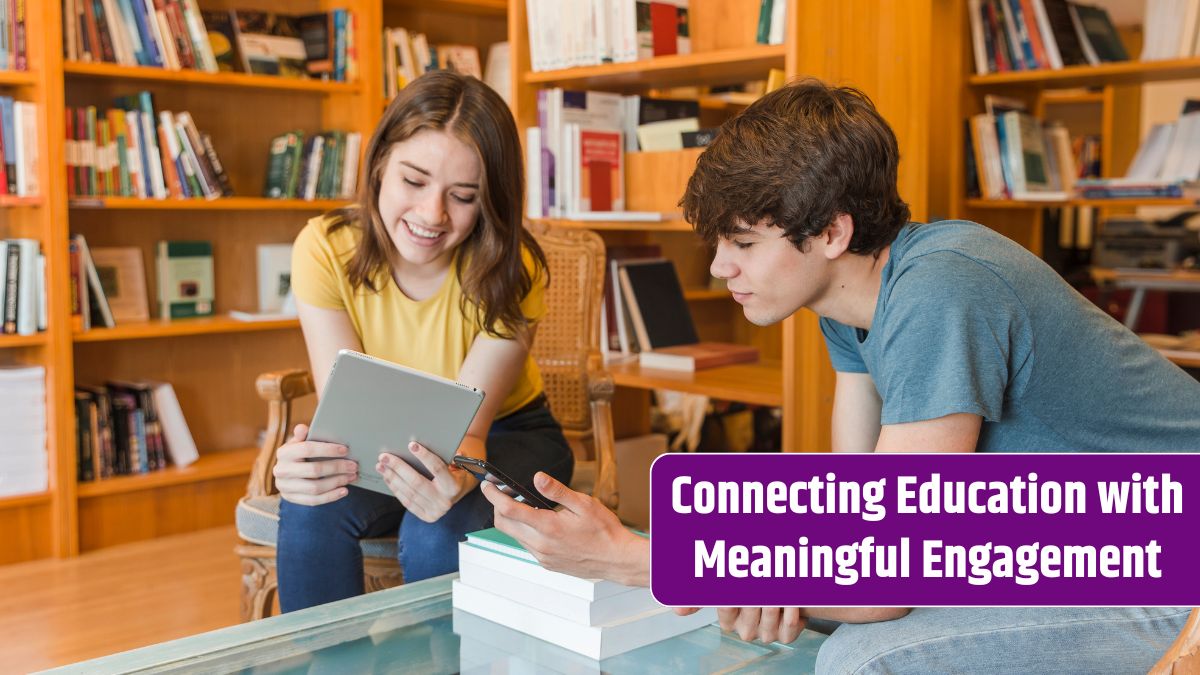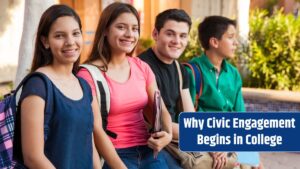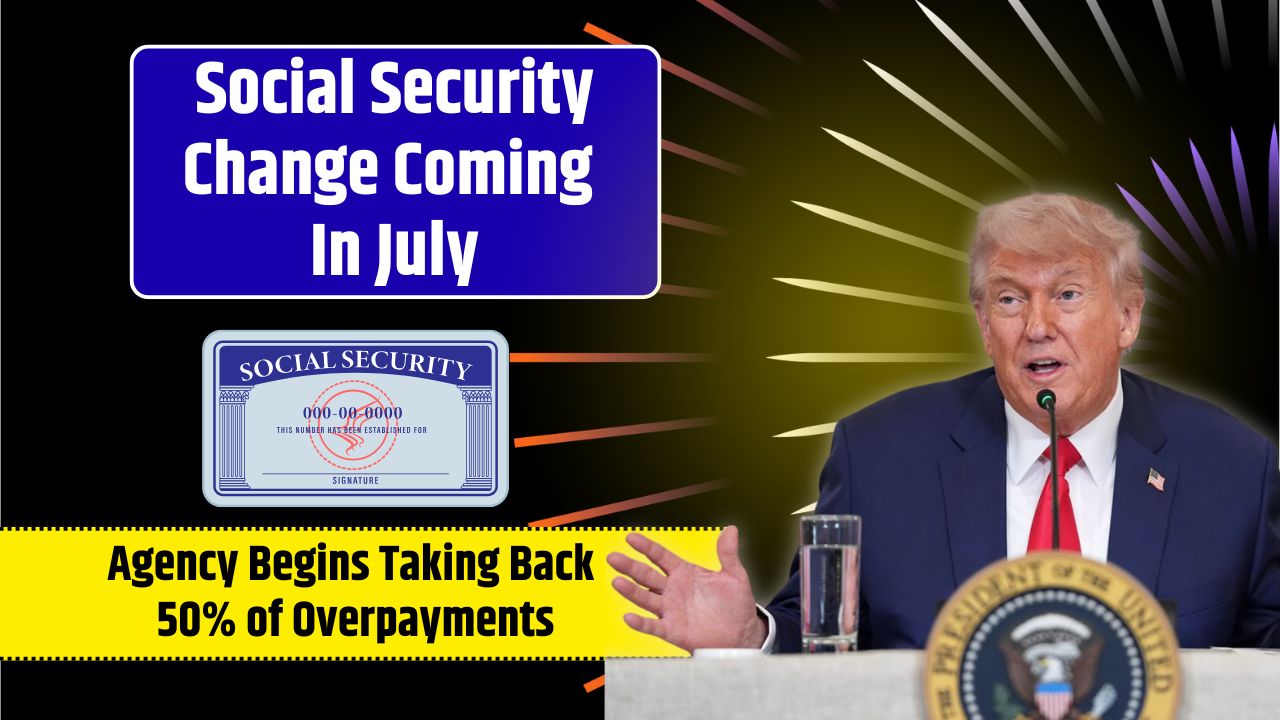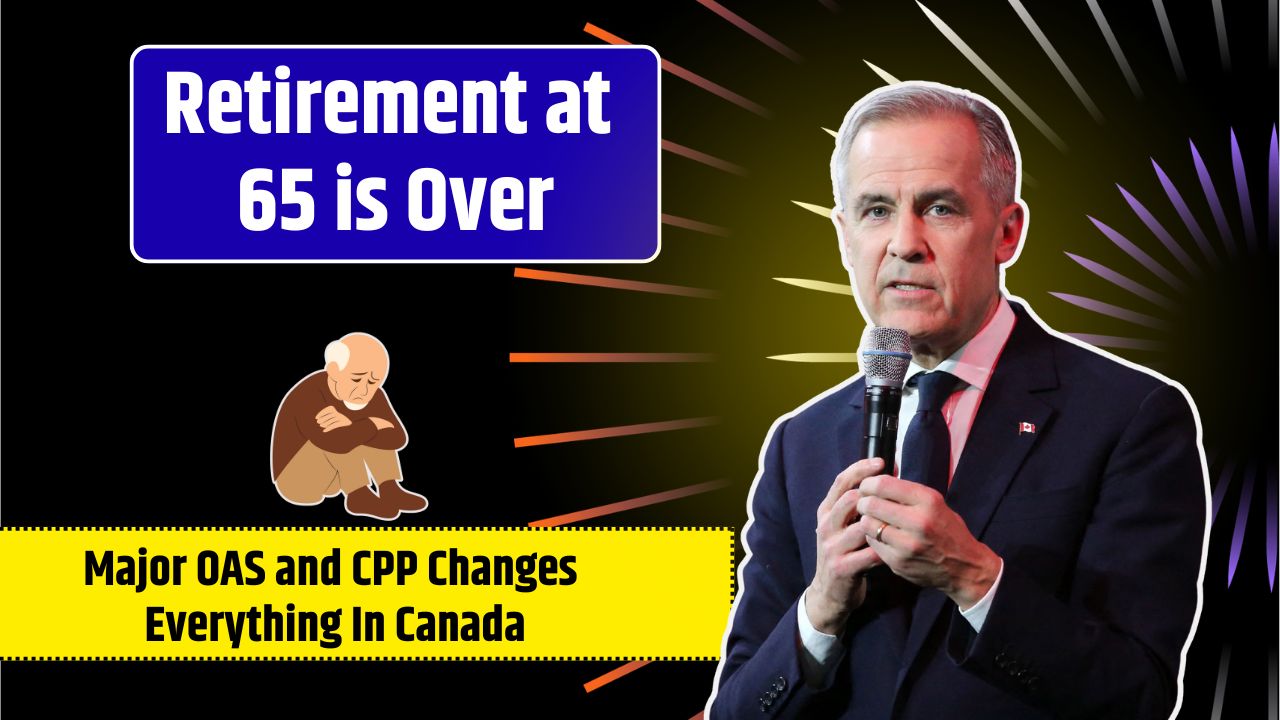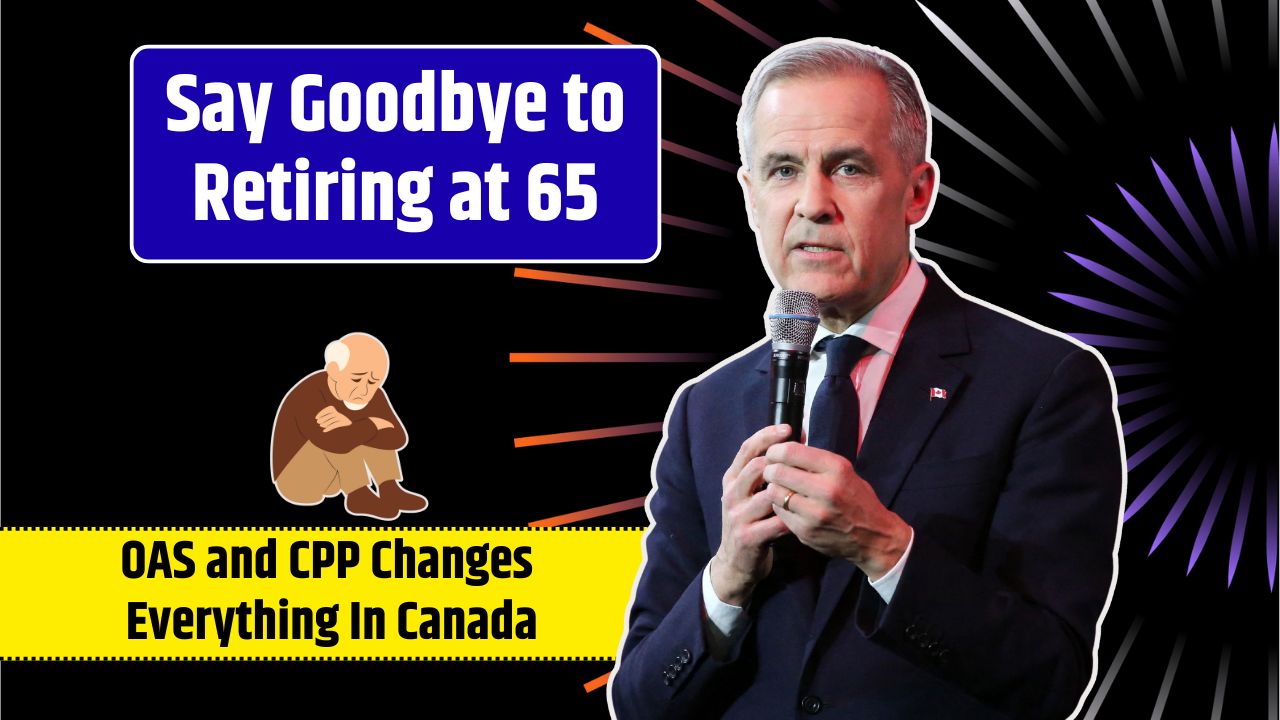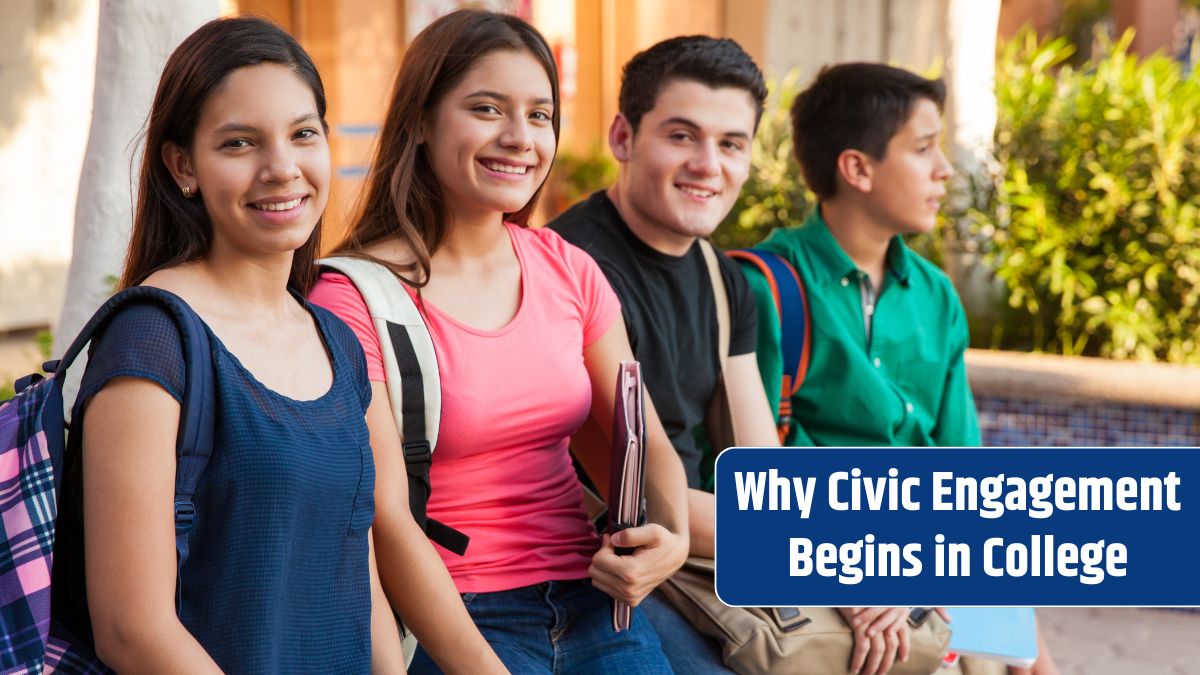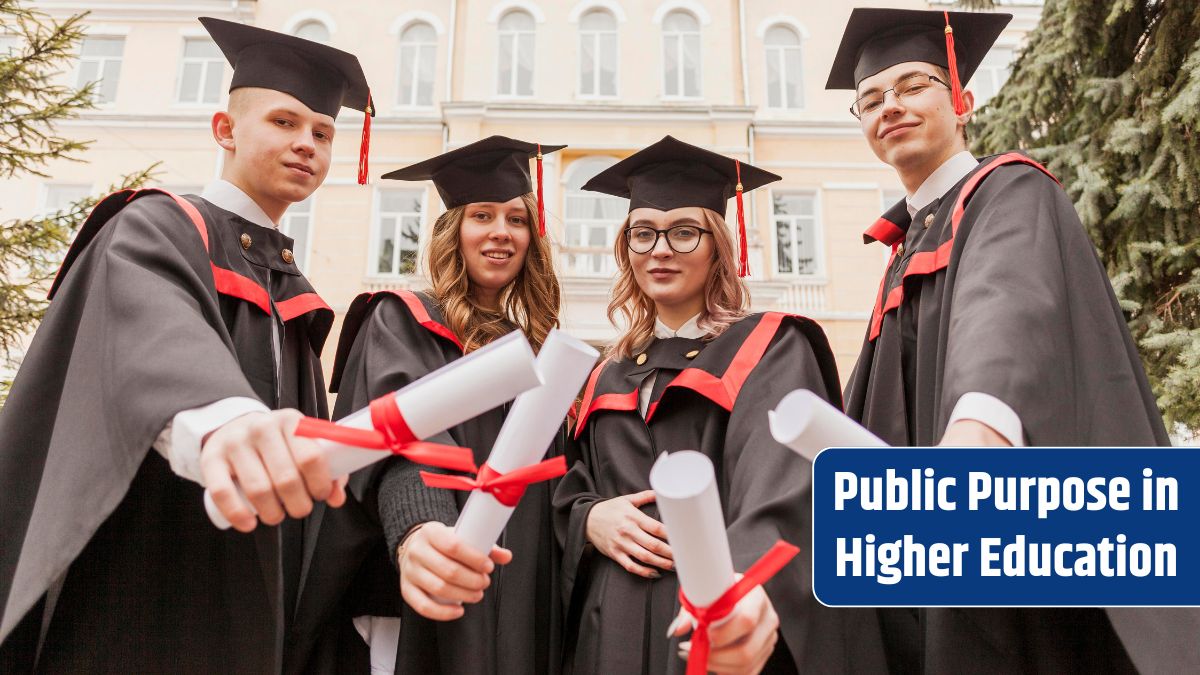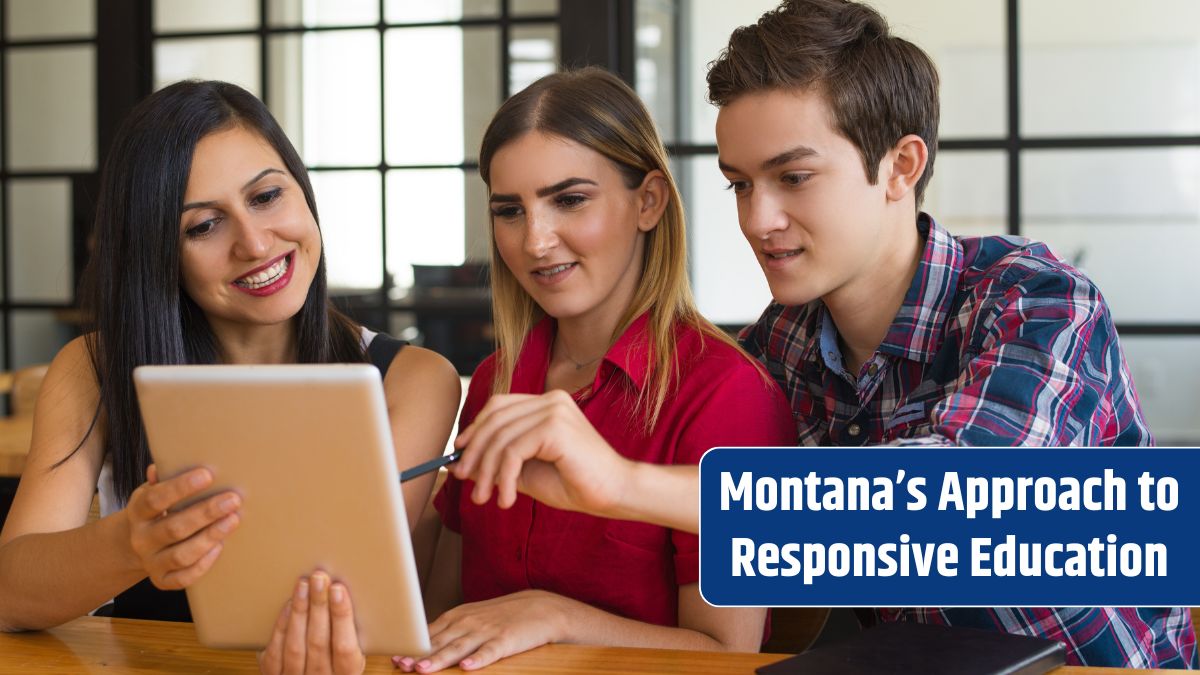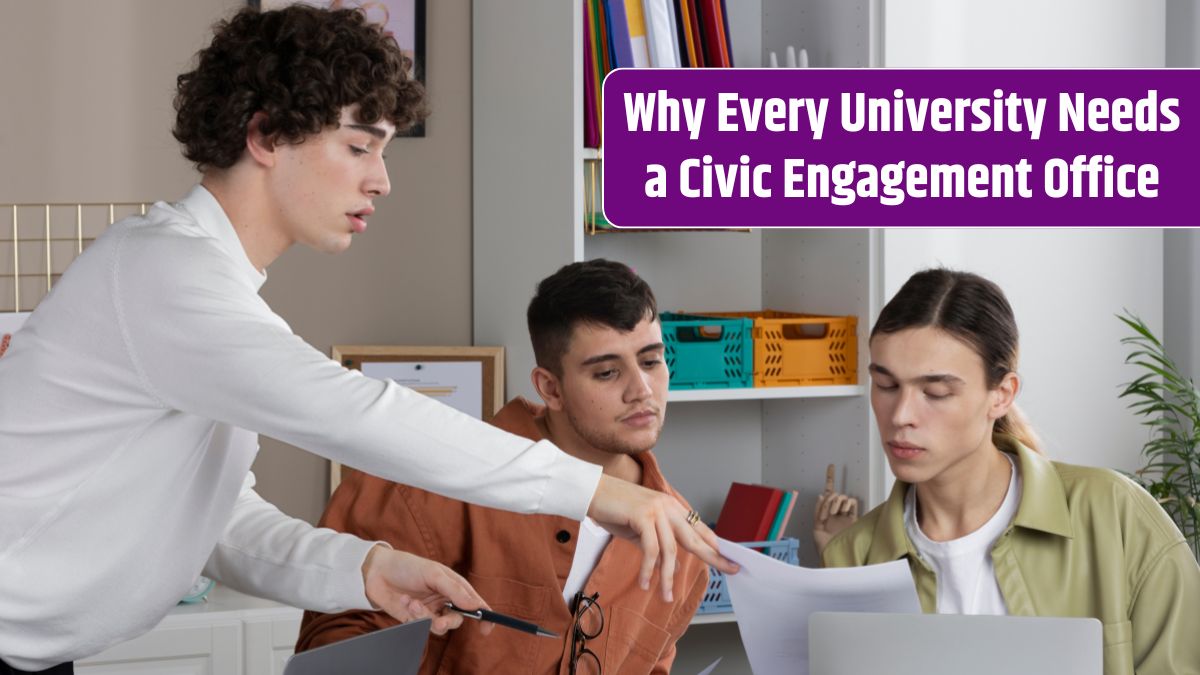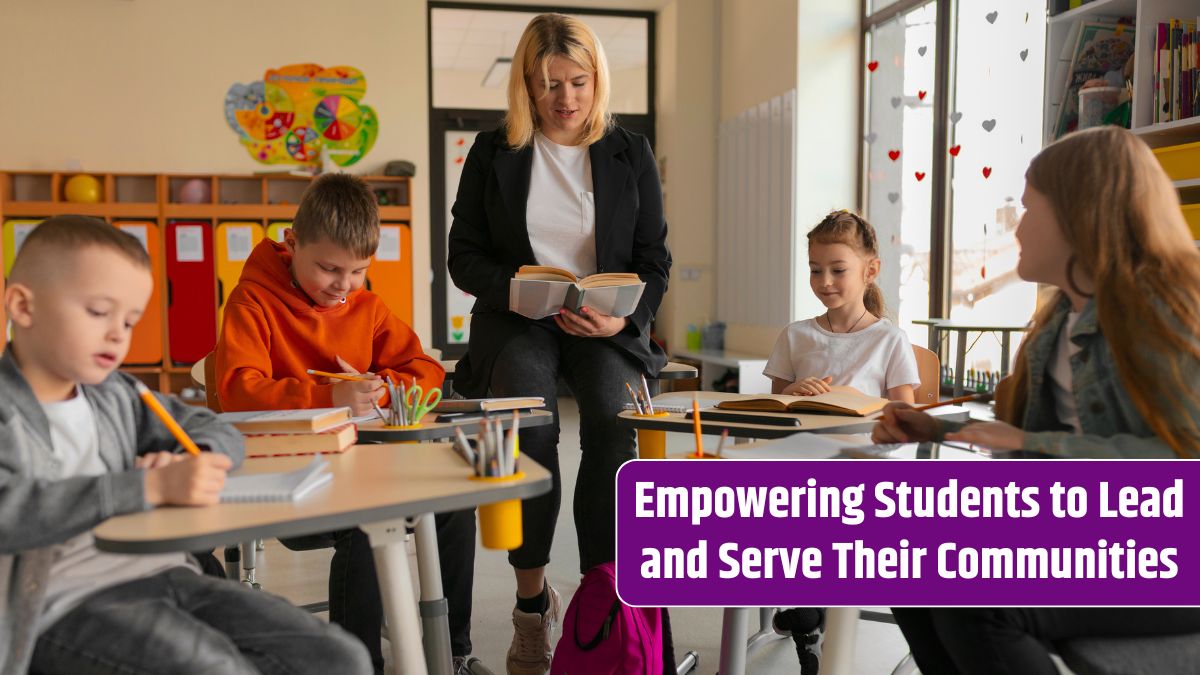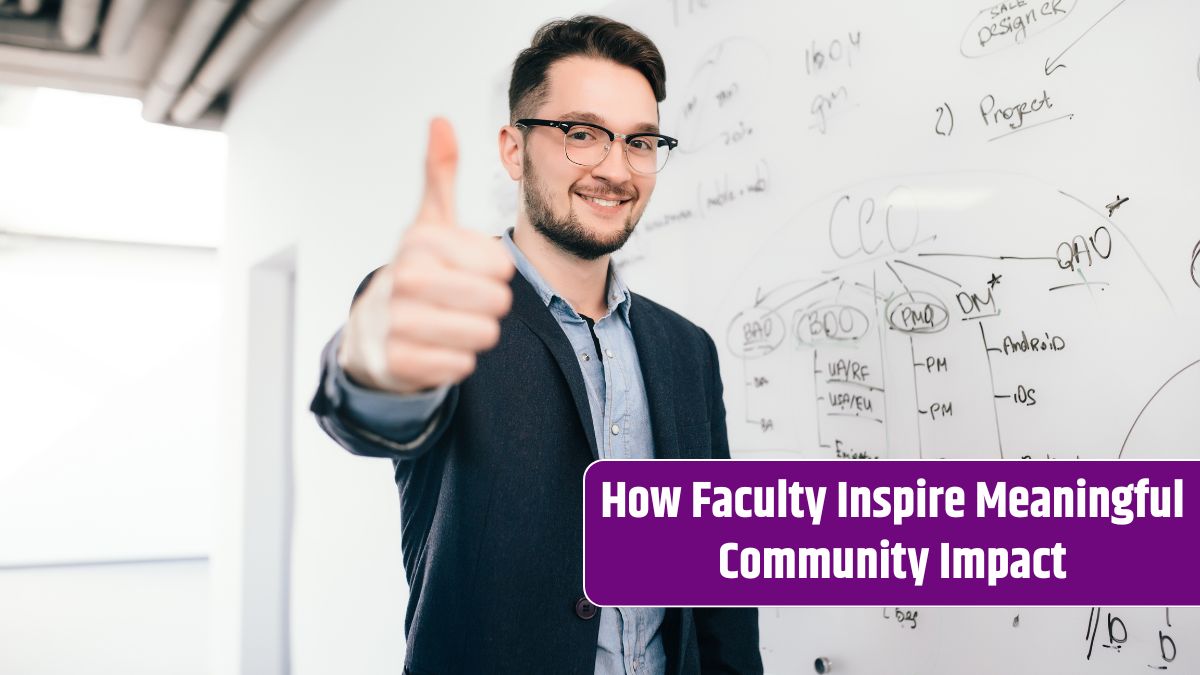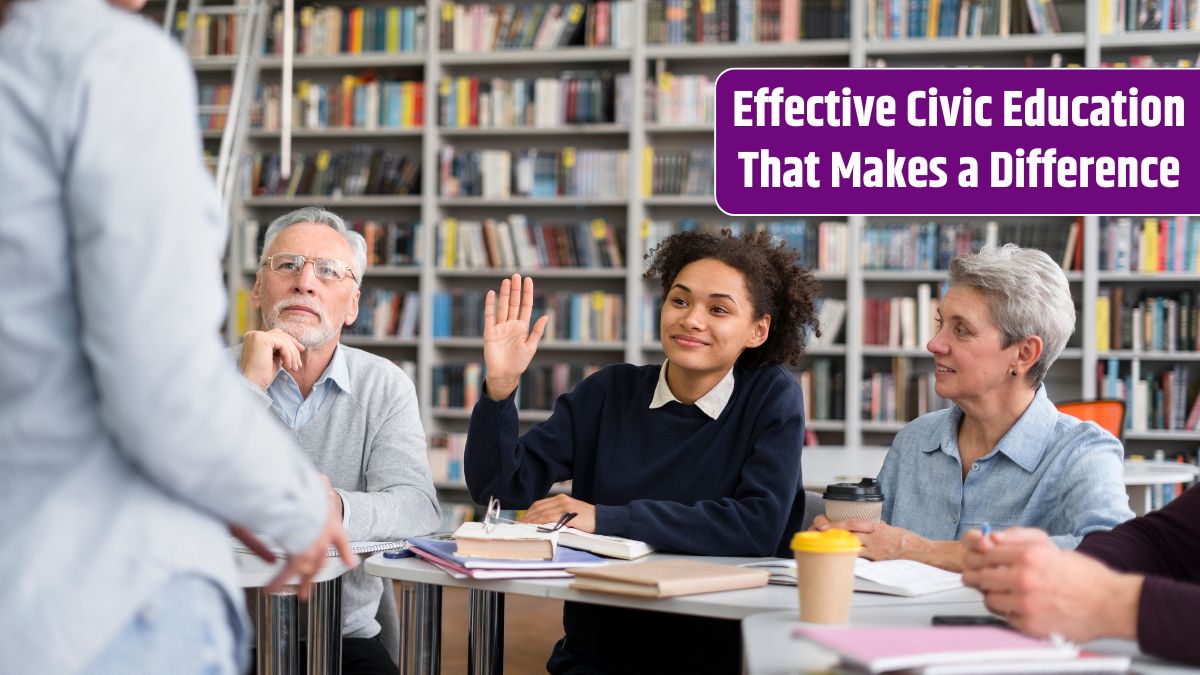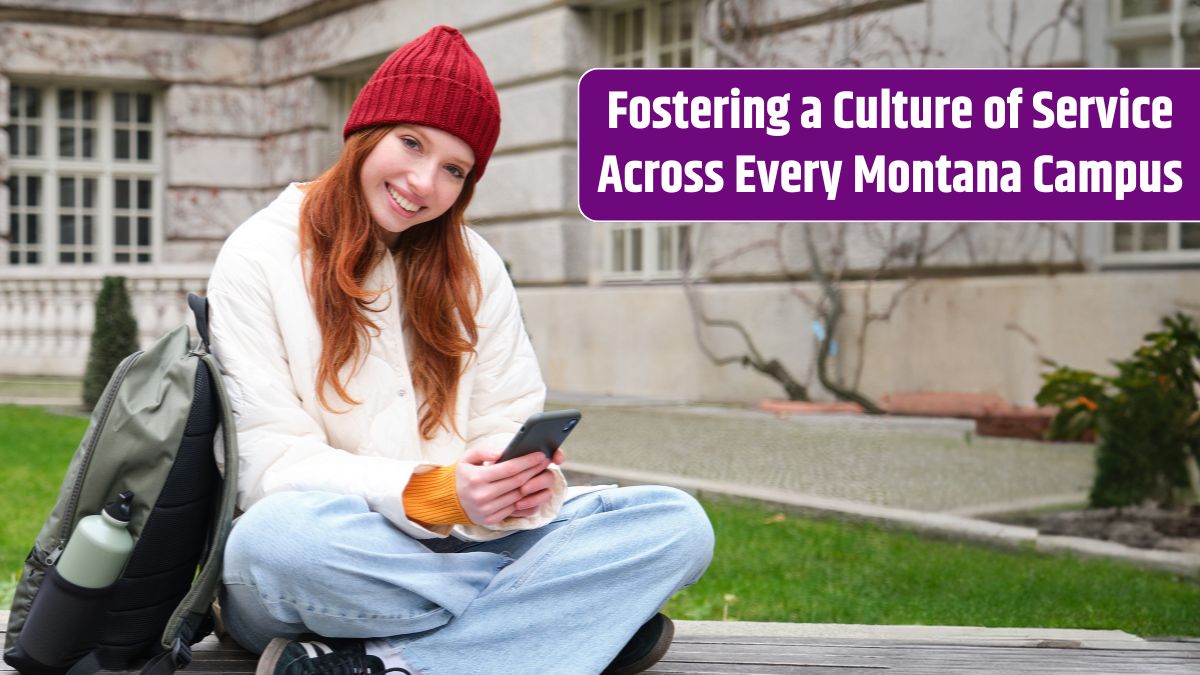Ever feel like classroom lessons are missing something? Like all the facts and formulas don’t quite stick until you actually do something with them? That’s where meaningful engagement comes in. More and more students are stepping off campus and into their communities—connecting education with action, and turning knowing into a living, breathing experience. Let’s look into how this powerful connection makes both students and society stronger.
Table of Contents
Purpose
Education isn’t just about acing exams—it’s about preparing to be a thoughtful, active member of society. When students get involved in community projects, they find a deeper purpose behind what they’re learning. A biology class feels more meaningful when students help test water quality in local streams. Math takes on new value when they help budget a fundraiser. Suddenly, subjects aren’t abstract—they’re tools for change.
Practice
There’s a big difference between learning about something and actually doing it. Community engagement gives students a chance to put their knowledge to the test. They work on real-world problems, see the results of their efforts, and build confidence that no textbook can deliver. Think of it like educational muscle memory—you remember it better when you live it.
Voice
Getting involved outside the classroom teaches students how to speak up—and be heard. Whether it’s presenting a project to city council or leading a school-wide campaign, they find their voice. They also learn how to listen and collaborate, which are just as important. It’s not just about having opinions; it’s about knowing how to express them with purpose and respect.
Relevance
Let’s be honest—students ask, “When will I ever use this?” more often than not. But when schoolwork connects with community issues, relevance becomes clear. History lessons become powerful when paired with civil rights activism. Environmental science gets exciting when tied to local sustainability efforts. Engagement makes learning matter in the moment.
Growth
Beyond academics, community involvement helps students grow as people. They learn leadership, empathy, and time management. They get to see different perspectives, face real challenges, and understand the impact of their actions. These experiences mold them into not just better students, but better citizens.
Impact
When students connect their education with service, everyone benefits. Communities receive energy, innovation, and fresh ideas. Schools gain stronger reputations and happier students. And young people walk away not just with grades, but with a sense of identity and direction.
Here’s a quick breakdown of how education and engagement align:
| Learning Area | Engagement Example | Real-World Skill Gained |
|---|---|---|
| Science | Water testing, recycling programs | Environmental awareness |
| Civics | Voter drives, town hall forums | Public speaking, leadership |
| Math | Budgeting events, surveys | Problem-solving, data use |
| Literature | Community storytelling projects | Empathy, communication |
In the end, it’s clear: when students connect what they learn with what they do, education becomes something bigger. It becomes meaningful, lasting, and world-changing. That’s the kind of learning that sticks.
FAQs
What is meaningful student engagement?
It’s when students apply what they learn through real-life experiences.
Why connect education with community work?
It makes learning relevant, practical, and impactful.
How does engagement help student growth?
It builds skills like empathy, leadership, and problem-solving.
What kind of projects count as engagement?
Things like local campaigns, volunteer work, and service-learning.
Can engagement improve academic success?
Yes, it boosts motivation, confidence, and real understanding.

